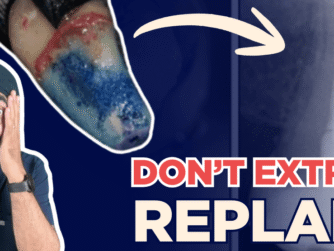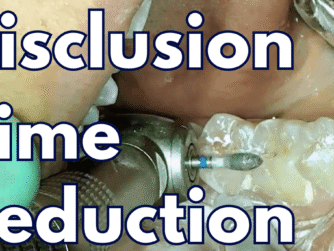Podcast: Play in new window | Download (Duration: 40:42 — 58.3MB)
Subscribe: RSS
Being a dental student is tough – you’re learning a clinical and surgical discipline alongside all the challenges of relationships, studying and social interactions. In this episode with Dr. Lincoln Harris, we talked about three key themes relevant for dental students: overcoming fear, leveling up your skills, and being able to cope with failures.
“You only get confident once you DO the thing that you’re afraid of” Dr. Lincoln Harris.
Highlights of this episode:
- Students pursuing growth vs Students enjoying uni life 12:07
- Overcoming Fear 16:44
- Coping with Failure 26:01
- Discovery throughout Dental Career 31:36
For Dental Students who want to have a head start in their Dental Career, join us LIVE on Friday 30th of September with Dr. Lincoln Harris. Register Now!
For Dentists who want to see Lincoln Harris LIVE in London for a full-day keynote lecture: From Class 1 Composites to Complicated crown preps. Email or DM us on Insta for a super special student rate.

Check out Ripe Global, one of the biggest groups in Dentistry with 80,000+ members!
If you enjoyed this episode, then do check out this 5 Lessons from Dr. Lincoln Harris







